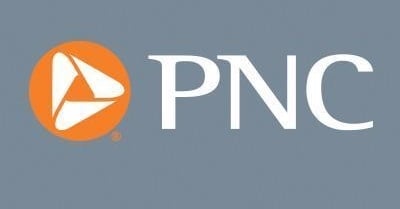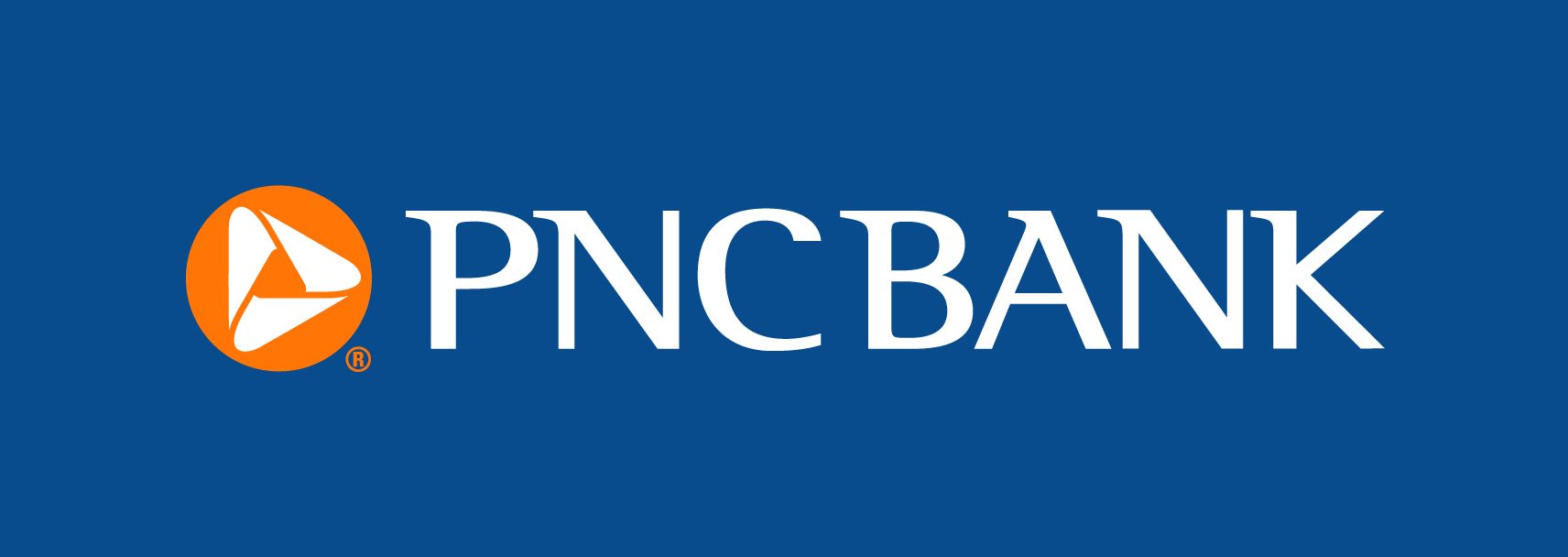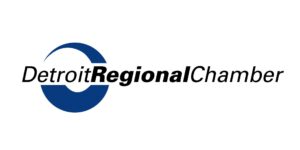 but its trend is still lower
but its trend is still lower
The trade deficit in goods rose to $88.1 billion dollars in May from $85.7 billion in April, which was revised to be a slightly larger deficit than the originally reported $85.2 billion.
Exports fell $0.5 billion (0.3%) to $144.3 billion and gave back some of April’s $1.6 billion (1.1%) increase. Exports of automotive vehicles accounted for all of the net decline, falling $0.56 billion or 4.7% on the month; changes in other categories of goods exports were smaller and mostly offset one another.
Imports rose $1.9 billion on the month (0.8%), partially reversing April’s $4.6 billion (1.9%) decline. Imports of industrial supplies, foods/feeds/beverages, and consumer goods rose on the month. Auto imports fell $0.18 billion on the month.
The shortages of semiconductors and other parts held back auto exports in May, leading to a small widening of the trade deficit; exports and imports of capital goods also fell on the month, another sign of the problems affecting industrial supply chains. Despite this, the trend is still towards smaller deficits in U.S. goods trade. May’s trade deficit was down $3.8 billion from March’s record high. And motor vehicle and parts production increased 6.7% in May (reported in the Fed’s industrial production report released earlier this month); auto exports should start rising near-term as production and sourcing difficulties ease.
The U.S. trade deficit surged during the pandemic as consumers splurged on consumer goods as they curtailed spending on restaurants, travel, and other high-contact services. Since the U.S. is a net importer of consumer goods, this led to a record-high goods trade deficit. But the high-contact parts of the economy are re-opening and Americans are resuming their spending on services; this will reduce demand for goods imports, and lead to a smaller trade deficit in the rest of 2021.
The PNC Financial Services Group, Inc. is one of the largest diversified financial services institutions in the United States, organized around its customers and communities for strong relationships and local delivery of retail and business banking including a full range of lending products; specialized services for corporations and government entities, including corporate banking, real estate finance and asset-based lending; wealth management and asset management. For information about PNC, visit www.pnc.com.









